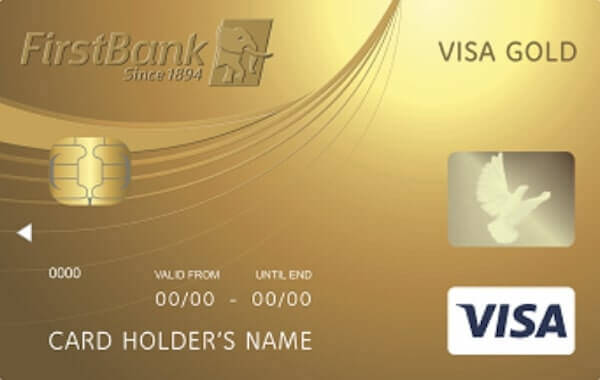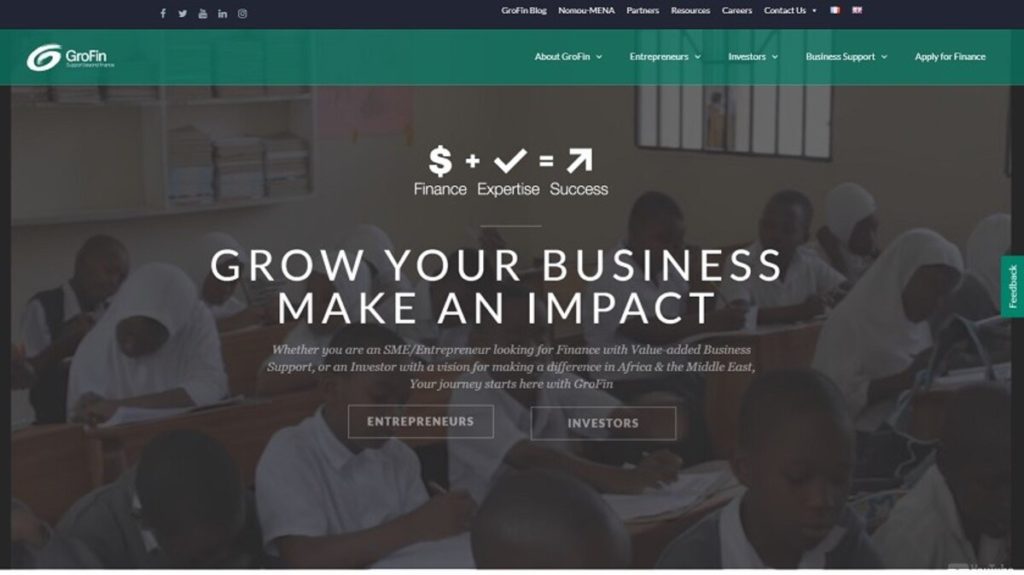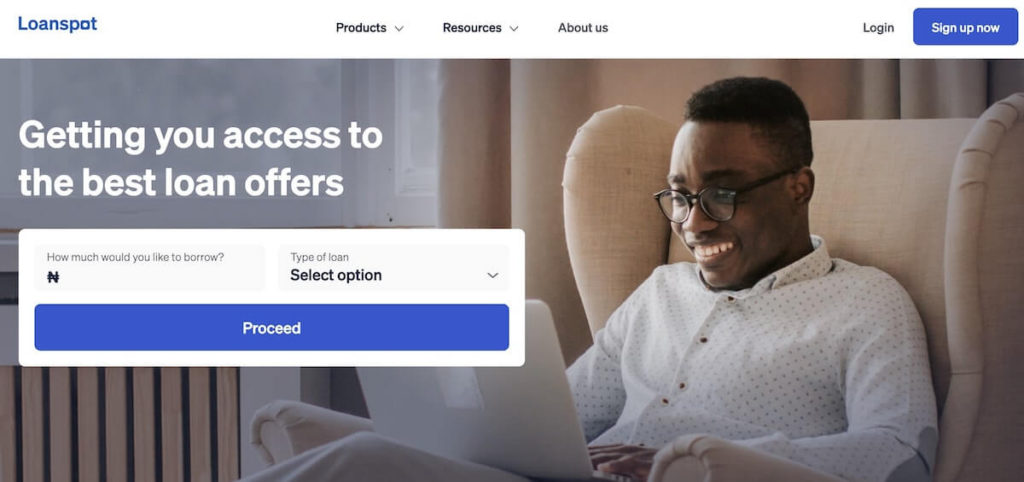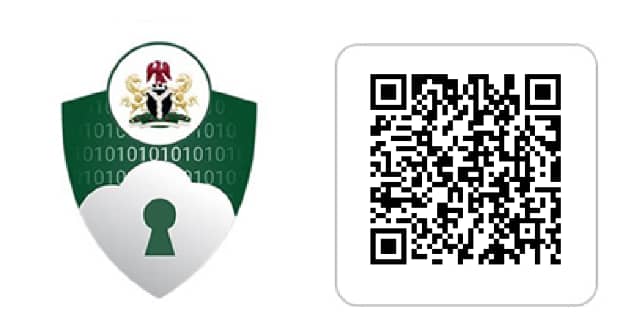The bank of industry (BOI) exist majorly to help organizations in different sectors to achieve growth. Due to their purpose, the institution regularly gives out grants and funds to different sectors to fast track their development that of the economy at large. This article takes a look at the different BOI intervention funds, as well as everything else that you should know.
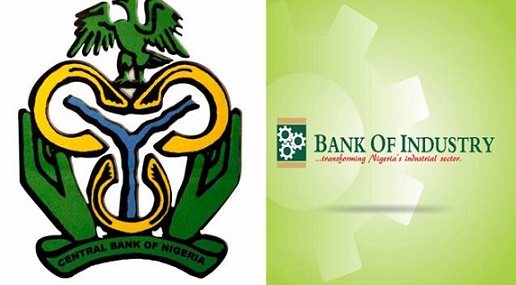
An overview on BOI Intervention Funds
The bank of industry (BOI) is the largest, most successful, and oldest development finance institution in Nigeria. BOI was reconstructed out of the Nigerian Industrial Development Bank (NIDB) Limited in 2001. However, NIDB has been in existence since 1964. The Bank of Industry has a mission to transform Nigerian’s industrial sector by providing support services and finance for businesses across the nation. Their reach covers small, large, and medium establishments and projects.
Some core values of Bank of Industry are:
- Service
- Professionalism
- Passion
- Integrity
- Innovation
- Team spirit
What are the objectives of the BOI intervention funds?
BOI intervention funds are categorized into two. They are:
Matching fund:
the available funds under this category are:
BOI/ State Matching funds:
this fund is based on the partnership between BOI and some state governments. They are available to cooperatives, limited liability companies, and enterprises engaged in manufacturing and Agro-processing. It offers a maximum of N50 million and interest range between 5% to 10%.
BOI/ Dangote Foundation Matching Fund:
this fund is made available from a collaboration between BOI and Dangote foundation. It is N5bn fund that is available for companies in the merchandising, manufacturing, and Agro-processing sector of Nigeria. It has a per head limit of N50 million at 5% interest.
Managed fund:
the available products under managed funds are:
BOI/CBN Intervention fund:
this fund comes in different sections, which are the N235 Billion VBN fund for manufacturing and restructuring facilities of bank loans, and N300 billion for power and airline intervention fund. The N236Bn focuses on the manufacturing section to improve credit availability to manufacturers. On the other hand, the N300Bn exist to fast track the development of the aviation and power industry.
NADDC Fund:
the national automotive council fund is a sum of N16,91Bn that is aimed at developing SMEs in automotive parts production. The BOI collaborates with the National Automotive Council (NAC) to this regard.
FGN special intervention fund for MSME (NEDEP):
this intervention provides subsidized loans to SMEs for their development. It has an interest rate of 9% per annum.
Other interventional funds offered by the BOI are:
- Cassava Bread Fund
- Cement fund
- Cottage fund
- National Program on Food Security (NPFS)
- Rice and Cassava Intervention fund
- Sugar development council fund
What other products does BOI offer?
Asides from managed and matching fund, BOI also offers the following products:
- ASM Fund
- Bottom of pyramid
- Fashion and beauty product
- Light manufacturing
- Food and Agro commodity processing
- Graduate entrepreneurship fund
- Nollyfund
- On- lending to commercial banks
- Solar energy
- Youth entrepreneurship support (YES) programme
- Youth ignite programme
How do I apply for BOI intervention fund?
To apply for any of the funds, simply follow the procedure below:
- Visit their website at https://www.boi.ng,
- Select the most appropriate fund option for your line of business and industry
- Click on the option, the scroll to the bottom page
- At the bottom, you would find the “click here to apply” option.
Conclusion
The BOI intervention funds provide access to loan and grant opportunities that you can maximize to grow your business. Their products and services cut across all categories, and have really helped a lot of businesses since inception.




